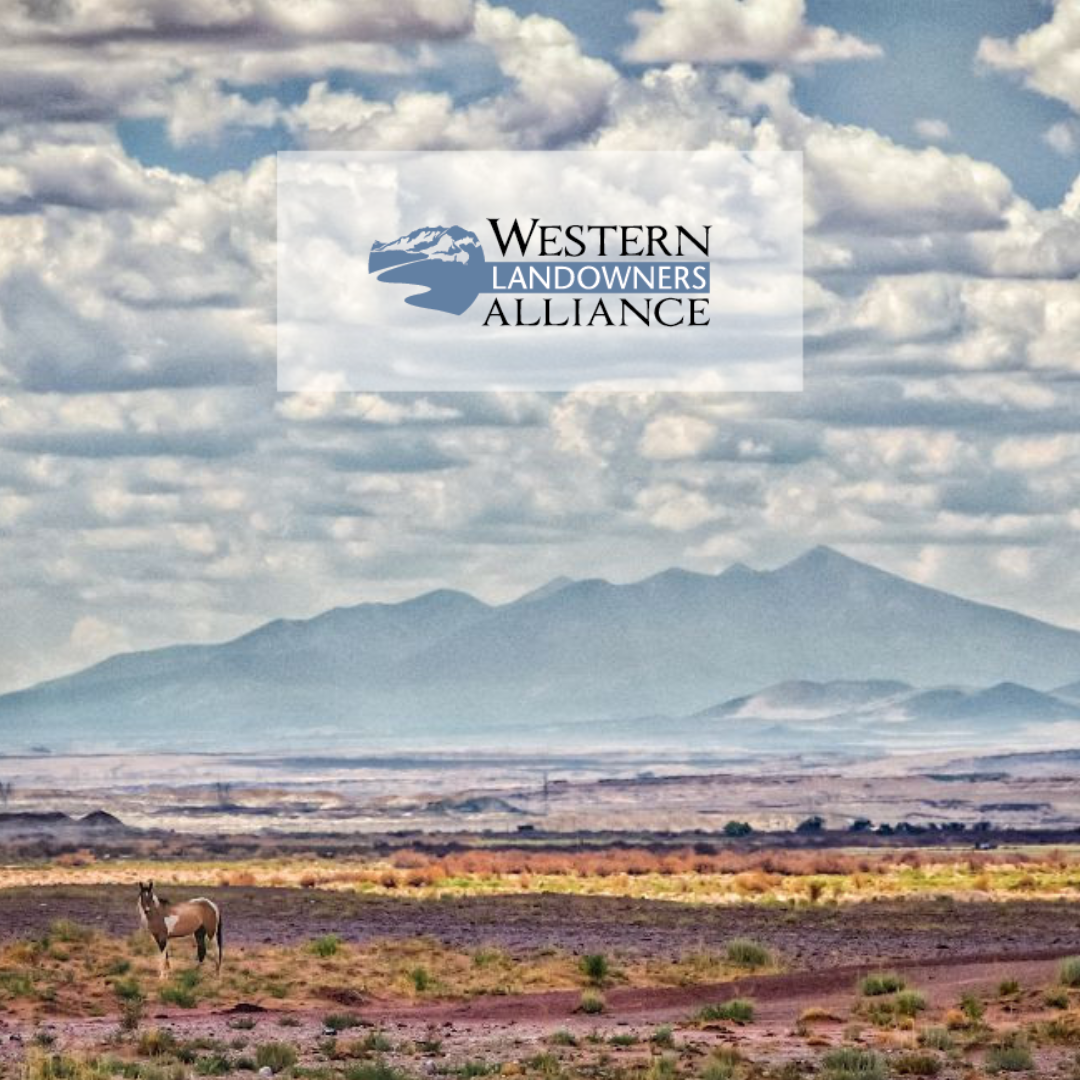Secretary Vilsack Highlights First-Ever Report on USDA Efforts to Expand Agroforestry Practices on Farms, Ranches and Woodlands
| WASHINGTON, October 28, 2013 – Agriculture Secretary Tom Vilsack today released the first-ever report on USDA’s role advancing agroforestry. Agroforestry: USDA Reports to America details how agroforestry practices are helping farmers, ranchers and woodland owners enhance agricultural productivity, protect the environment and increase profits.
“USDA has invested less than one percent of its budget into tree-based practices. Yet that small investment allows us to help create private goods and public services that reap great rewards, including reduced greenhouse gas emissions and more resilient agricultural lands,” Vilsack said. “However, much work remains to promote and sustain agroforestry practices, which have great potential to promote economic growth and job creation in rural communities.” Agroforestry is a management approach that intentionally combines agriculture and forestry to create more sustainable land-use systems. Over the last five years, USDA has assisted landowners financially and with technical guidance to establish roughly 336,000 acres of windbreaks, riparian forest buffers and alley cropping; about 2,000 acres of silvopasture; and about 500 acres of forest farming. Those acres represent less than 1 percent of the potentially suitable land for applying those practices, suggesting there is an opportunity to significantly expand the application of agroforestry in the United States. “Agroforestry provides benefits beyond rural areas,” Vilsack said. “In suburban areas, agroforestry practices can improve wildlife habitat, mitigate the movement of odors and dust, serve as noise barriers and act as filters that help keep water clean.” Agroforestry: USDA Reports to America is a cross-Departmental effort from eight agencies serving on the Agroforestry Executive Steering Committee: Agricultural Marketing Service; Agricultural Research Service; Farm Service Agency; National Agricultural Statistics Service; National Institute of Food and Agriculture; Natural Resources Conservation Service; Rural Development; and U.S. Forest Service. These agencies work closely with the USDA National Agroforestry Center With the release of this report on agroforestry, USDA wants to start a national conversation about agroforestry with producers, landowners, communities and young people – America’s future farmers. “Our goal is and always has been to help landowners understand that trees – and other permanent vegetation – planted in the right place for the right reason, will add value to their lands,” said Wayne Honeycutt, USDA Natural Resources Conservation Service Deputy Chief for Science and Technology, who chairs USDA’s Agroforestry Executive Steering Committee. “Through the report, we are able to show landowner successes. In some cases, family farms have been saved and woodlands spared from development. We hope by showing these stories, more landowners will see the potential for their operations.” To access the report, visit www.usda.gov/agroforestry. Send comments and questions about the report and USDA’s role in agroforestry to agroforestry@USDA.gov. # USDA is an equal opportunity provider and employer. To file a complaint of discrimination, write: USDA, Office of the Assistant Secretary for Civil Rights, Office of Adjudication, 1400 Independence Ave., SW, Washington, DC 20250-9410 or call (866) 632-9992 (Toll-free Customer Service), (800) 877-8339 (Local or Federal relay), (866) 377-8642 (Relay voice users) |
|||||
Join WLA to stay up to date on the most important news and policy for land stewards.
Become a member for free today and we will send you the news and policy developments critical to the economic and ecological health of working lands.
WLA works on behalf of landowners and practitioners throughout the West. We will never share your contact information with anyone.
 to advance the science, practice and application of agroforestry, and guide implementation of the
to advance the science, practice and application of agroforestry, and guide implementation of the 